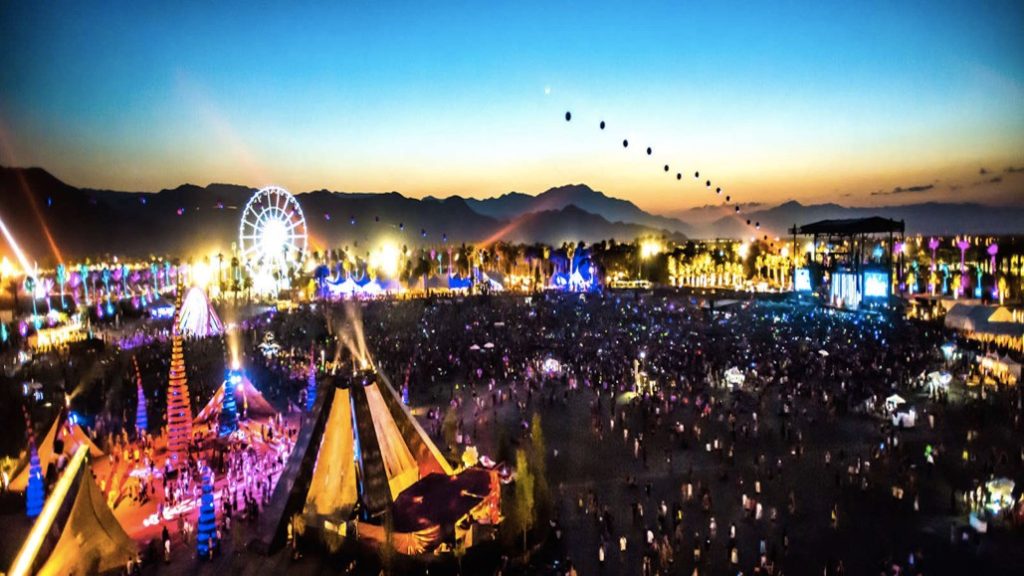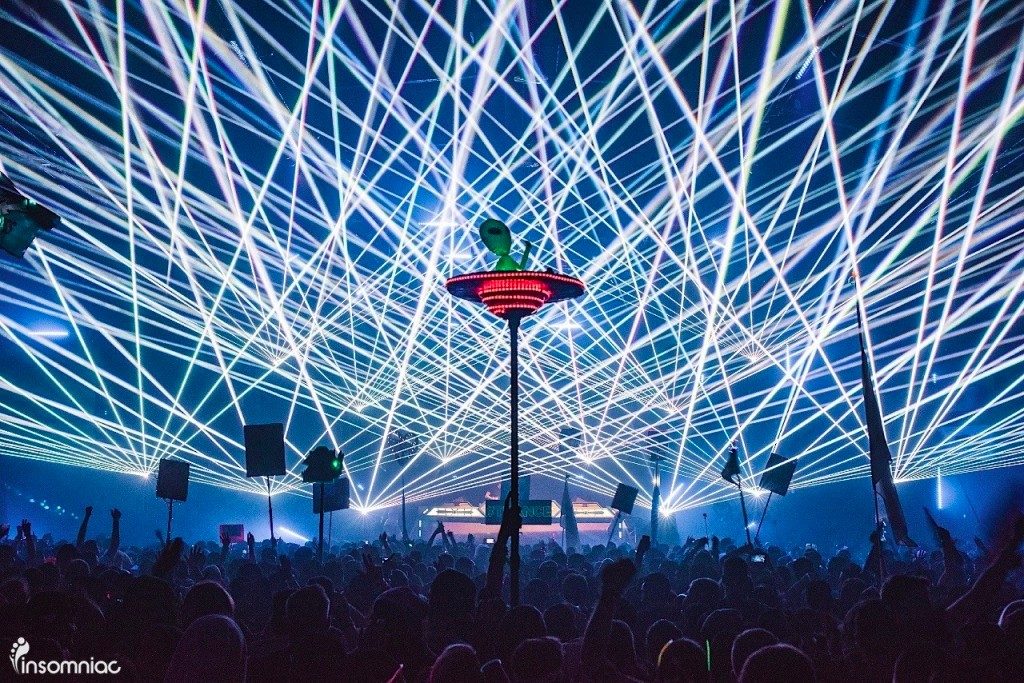With summer in full swing, it’s no surprise that music festivals have become a favorite pastime for Millennials! Music fans are craving unique experiences, not just another concert to go to.
As major music festivals such as Bonnaroo, Coachella, Tomorrowland, South By Southwest and iHeartRadio are reaching the masses and making their way all over social media, we have also seen more and more festival line-ups becoming inclusive of a variety of music genres. While intentions may be to include more diversity in the music selection, some of these festivals are being challenged as more genre-focused, niche festivals are appearing!
 Billboard.com recently reported that Bonnaroo saw their lowest ticket sales in festival history this year, with a 38% drop from 2015 ticket sales. With headliners including Pearl Jam, LCD Soundsystem and Dead and Company, the festival is known for its variety of sounds represented on the stages, typically attracting a medley of fans from all demographics.
Billboard.com recently reported that Bonnaroo saw their lowest ticket sales in festival history this year, with a 38% drop from 2015 ticket sales. With headliners including Pearl Jam, LCD Soundsystem and Dead and Company, the festival is known for its variety of sounds represented on the stages, typically attracting a medley of fans from all demographics.
According to the IMS Business Report 2016, total EDM sales grew from $4.5 billion in 2012/13 to $6.9 billion in 2014/15. That growth has however slowed down quite a bit this past year, with 2015/2016 revenue coming in just shy of $7.2 billion, many people in the music industry believe that electronic music has become saturated to the point of its growth reaching maturity.
 However, an Eventbrite Music Festival Study has found that 8 out of the top 25 music festivals were exclusively electronic. The shift toward more genre-specific events has become a trend. These festivals cater toward specific sub-genres, such as Dreamstate for trance music lovers and Movement in Detroit for techno fans.
However, an Eventbrite Music Festival Study has found that 8 out of the top 25 music festivals were exclusively electronic. The shift toward more genre-specific events has become a trend. These festivals cater toward specific sub-genres, such as Dreamstate for trance music lovers and Movement in Detroit for techno fans.
The study shows that not only are electronic music festivals seeing higher turnouts, they are also generating massive amounts of social conversation. Even though these multi-genre events such as Coachella and South By Southwest are generating large amounts of social buzz, no other single-genre category of events has had as prominent a showing as electronic music. One reason for this is the high occurrence of Millennials discussing music festivals. Roughly 75% of people discussing music festivals are between the ages of 17 and 34 and this age group has an established affinity for events in electronic music turning heavily to social media before, during and after an event.
So while many have predicted the EDM bubble to pop and festivals to have reached their peak, the numbers seem to prove otherwise. Though some markets of the world may have leveled off, we continue to see growth and visibility in the electronic music industry through the existing successful festivals and now also through shifts into sub-genre specific festivals being on the rise!


Leave a Reply